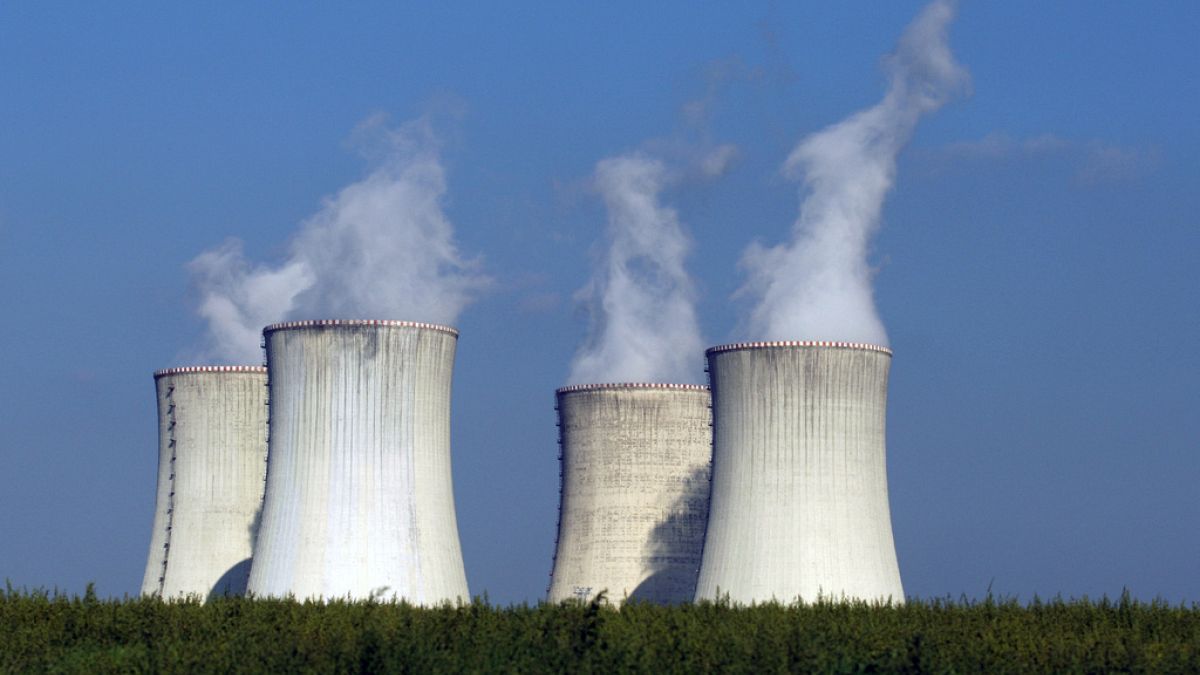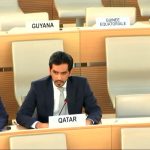Italy is considering a return to nuclear energy as a way to boost its energy independence and reduce reliance on fossil fuels. Environment Minister Gilberto Pichetto Fratin announced plans to introduce new regulations by the end of the year to allow the use of nuclear technologies in the country, with a goal to have a new decree in place by 2025. A team has been appointed to draft specific laws to address the issue as two parliamentary committees are conducting an inquiry on the matter. Italy’s MP Riccardo Zucconi, from the Brother of Italy party, is closely following the developments and believes that alternatives like smaller nuclear plants should be seriously considered.
The global demand for energy is expected to double in the next 10 years, and renewable energies alone may not be sufficient to meet this demand. The government’s energy and climate plan (PNIEC) suggests that new types of nuclear plants could meet up to 11% of the national energy demand by 2050. Despite past referendums voting against traditional nuclear plants, Zucconi believes that Italy needs to evolve on the matter. He emphasizes the importance of hearing citizens’ opinions and preparing them for informed decisions as the old large-scale nuclear plants phase out. The question remains about how nuclear power can contribute to the green transition and work alongside renewables.
An independent study by energy companies Edison and Ansaldo Nucleare and think-tank The House of Ambrosetti (TEHA) suggests that nuclear and renewable energies can be combined to accelerate the use of clean technologies and enhance decarbonization. Lorenzo Tavazzi, a senior partner with TEHA, states that the economic impact of integrating nuclear and renewable energy could create 117,000 new jobs and generate €50 billion in economic activity. Although lengthy construction times and production costs are concerns, experts believe that integrating nuclear power with renewables can be beneficial both economically and environmentally.
Despite the potential benefits, some environmental organizations like the Italian think tank Ecco oppose the use of nuclear power for decarbonization. They argue that nuclear technologies are expensive and take too long to implement, and instead advocate for flexible carbon-neutral backup generation sources that can complement the availability of renewables. Michele Governatori, gas and power lead at Ecco, believes that renewables are more affordable and ready to meet the energy demand, and emphasizes the need for flexible sources to support renewable energy. Public opinion in Italy remains divided on the issue, as it is across Europe, where only a quarter of the EU’s electricity comes from nuclear power.
In conclusion, Italy’s renewed interest in nuclear energy as a potential solution to boost energy independence and reduce reliance on fossil fuels has sparked debates and discussions among policymakers, experts, and environmental organizations. While some believe that nuclear power can play a critical role in the green transition and complement renewable energies to meet the growing energy demand, others argue that the focus should be on flexible, affordable, and carbon-neutral backup generation sources. As the government drafts specific laws and conducts inquiries on the matter, it remains to be seen how Italy will navigate the complexities of integrating nuclear and renewable energies to achieve its energy and climate goals while considering public opinion and environmental concerns.










